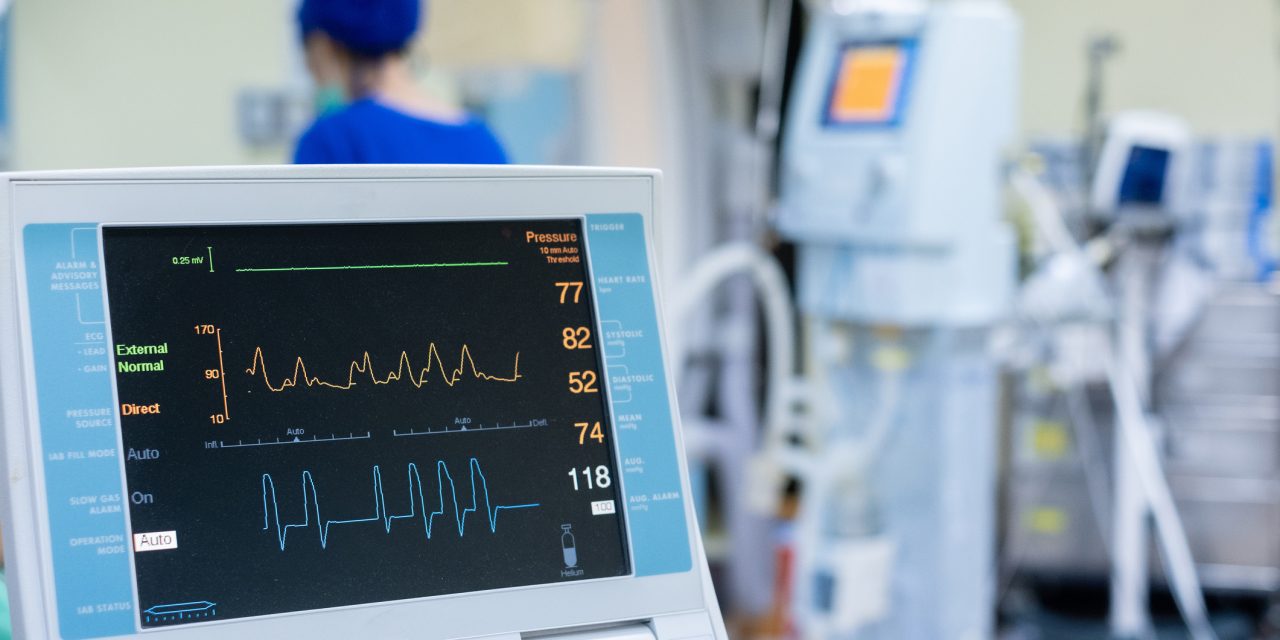At present, “severe acute respiratory syndrome new coronavirus” (SARS-CoV-2) affects the whole world and has led to a pandemia with almost 2.000.000 infected patients in the mid of April 2020 (WHO). Thus, health care specialists primarily focus on therapy of corona disease 2019 (COVID-19) and a lot of effort has been undertaken to get more manpower on intensive care units. However, the number of patients with life threatening diseases other than COVID-19 like heart attacks or strokes has not changed at all. With a strong focus on COVID-19, there is a marked risk of diagnostic and therapeutic delays or misdiagnoses, potentially harming those patients. In this respect, we present two of those cases with the intent to improve the medical management of ” diseases in times of corona pandemia.
We present two patients with diseases others than SARS-CoV-2. Both cases were treated in our institution, a tertiary care hospital in the Southwest of Germany.
One patient had a prolonged treatment on intensive care unit (ICU) because of heart failure following voluntary isolation because of fearing COVID-19 and subsequent shortage of medication. Another patient with hypothesis of COVID-19 of primary care physician because of fever and a history of skiing in a high risk region for SARS-CoV-2 was sent home for isolation. After disease progression, the patient presented in an external hospital with fever, pain in the right ear and tachypnea. Immediately, antibiotics were started at same day, but nevertheless, he developed a septic shock, leading to multi organ failure. In blood samples, bacteria was found, without any signs of SARS-CoV-2-infection. Despite adequate antibiosis, the patient developed fixed pupils, brain edema and died because of massive brain edema.
Focusing only on COVID-19 may lead to delayed diagnosis and therapy in patients with “traditional diseases”. These two cases impressively clarify medical challenges in times of SARS-CoV-2 pandemia. It is important to emphasize that physicians and health care professionals have not only to focus on COVID-19 and virus associated diseases, but also on adequate drug supply, intake and monitoring and differential diagnoses, respectively.
© The Author(s) 2020.
Collateral damages in the SARS-CoV-2 pandemia- two cases.


